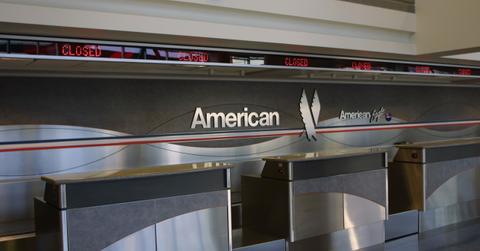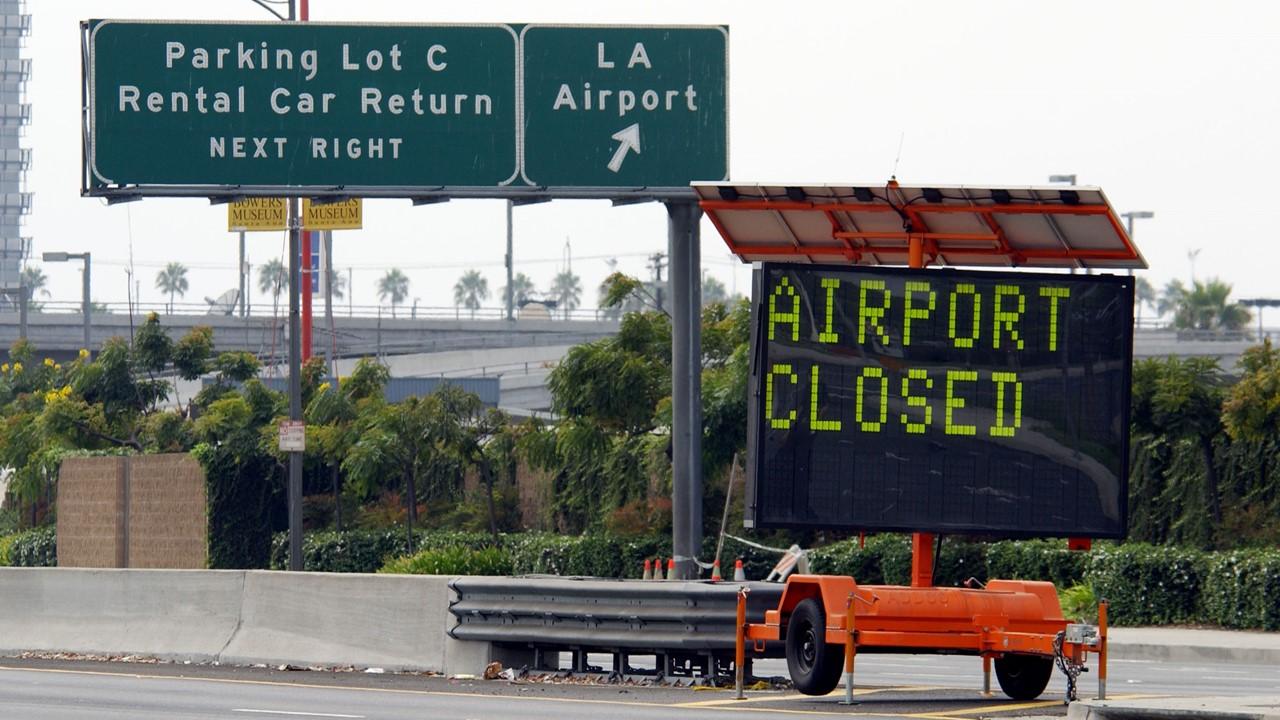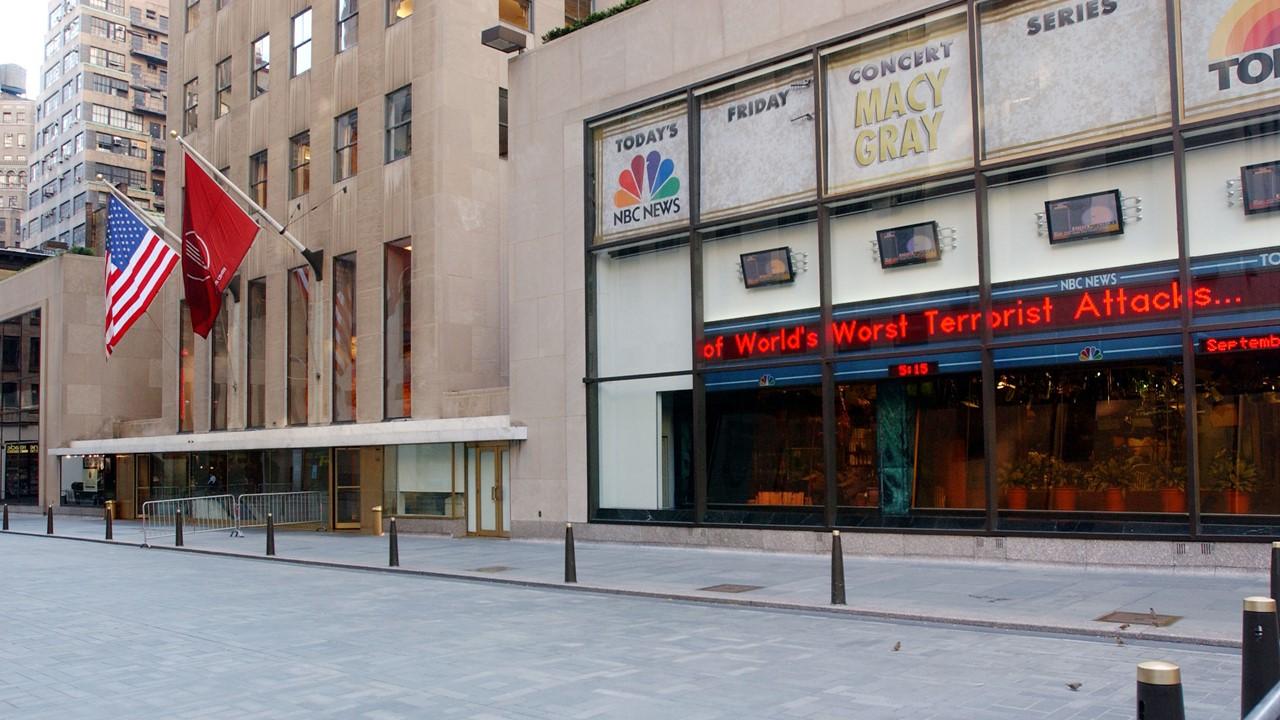What Stocks Were Shorted on September 10, 2001, Before 9/11?
The stocks of some specific companies that became victims in the 9/11 terrorist attacks were shorted on September 10, 2001. What the short sellers knew is baffling.
Aug. 27 2021, Published 12:57 p.m. ET

Before the 9/11 (September 11, 2001) terrorist attacks in the U.S., there was an unusual shorting of certain stocks. The recent terror incident at the Kabul airport and the upcoming 9/11 anniversary have rekindled the talk about profiting from unfortunate events. What stocks were shorted on September 10, 2001, before the terrorist attacks?
Al Qaeda, led by Osama Bin Laden, carried out the attacks on the World Trade Center and the Pentagon on September 11, 2001. The group planned the attacks from Afghanistan at a time when the Taliban was in power. Recently, the Taliban took control of Afghanistan again. Some people are concerned that the country could become a hotbed of terror groups hostile to the U.S. and the West. The terrorist attacks on 9/11 dealt a heavy blow to stock investors.
What stocks were shorted on 9/10/01?
As if having advanced knowledge of the attacks, some investors bet heavily against the stocks of companies that would be impacted by the terrorist attack. On September 10, 2001, the day before the attack, put options for United Airlines (UAL) and American Airlines (AAL) stocks were unusually high.

Investors make money with put options when the price of the underlying stock declines. Therefore, purchasing put options is an alternative way of shorting the linked stocks. United and American stocks fell sharply in the aftermath of 9/11. That produced huge profits for investors who held put options tied to the airline stocks.
Shorting potential victim stocks started before 9/10/01
The terrorist attacks on 9/11 involved hijacked Boeing-built jets operated by United Airlines and American Airlines. The terrorists crashed the jets into the World Trade Center buildings and the Pentagon. Flights were halted following the attack, which meant lost business for the airlines.
Bearish bets on the stocks of companies that would be impacted by the attack started well in advance. For example, there was a significant increase in the volume of put options tied to United, American, and Boeing (BA) stocks between August 10 and September 10, 2001.
Insurance stocks were also impacted by the 9/11 attacks.
The 9/11 terrorist attacks also impacted insurance stocks. Fearing heavy losses for insurance companies from a torrent of compensation claims, investors rushed to dump insurance stocks after 9/11.

Investors lost about $1.4 trillion.
The 9/11 terrorist attacks happened before stock markets opened. The attacks occurred on a Monday and the NYSE and Nasdaq remained closed until the following Monday. When trading resumed, a broad sell-off hit the market.
In the first week of trading after the 9/11 terrorist attacks, the Dow Jones index fell more than 14 percent, the S&P 500 fell more than 10 percent, and Nasdaq fell 16 percent. Investors lost about $1.4 trillion during that week. In contrast, those who shorted airline and insurance stocks collected huge profits.
